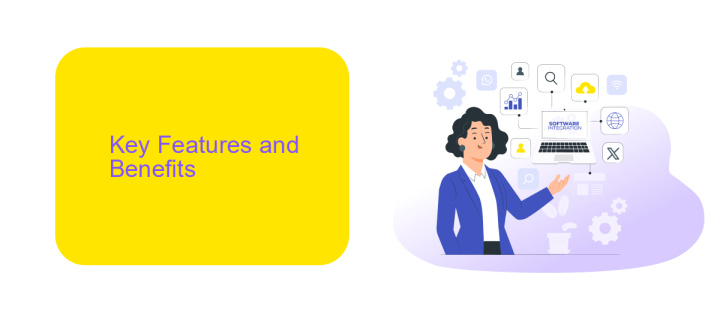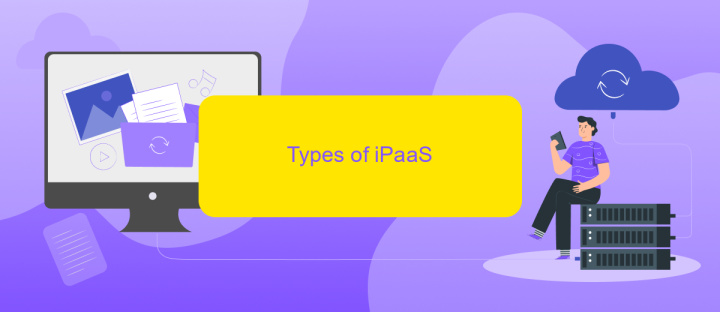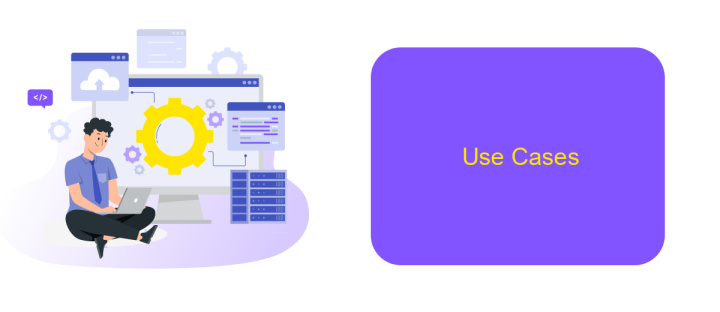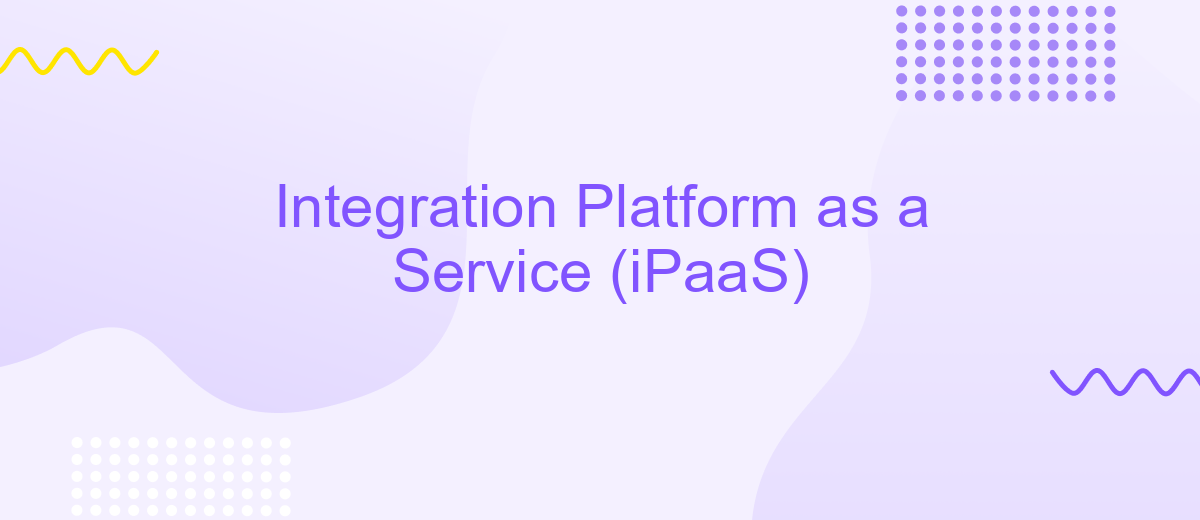Integration Platform as a Service (iPaaS)
Integration Platform as a Service (iPaaS) is a cloud-based service that enables seamless integration of various applications, data, and processes across different environments. By providing a unified platform, iPaaS simplifies complex integration tasks, enhances data flow, and ensures efficient communication between disparate systems. This article explores the key features, benefits, and use cases of iPaaS in modern business operations.
Introduction
Integration Platform as a Service (iPaaS) is a cloud-based solution designed to integrate various applications, data, and processes across different environments. This platform allows businesses to streamline their workflows, enhance productivity, and reduce the complexity of managing multiple systems. With iPaaS, organizations can achieve seamless integration without the need for extensive coding or IT expertise.
- Automated data synchronization between applications
- Real-time data processing and analytics
- Scalable and flexible integration solutions
- Enhanced security and compliance
- User-friendly interface for easy management
One of the prominent services in this domain is ApiX-Drive, which offers a robust platform for setting up integrations effortlessly. ApiX-Drive enables users to connect various applications and automate workflows with minimal effort. By leveraging such tools, businesses can focus more on their core activities while ensuring that their systems operate in harmony.
Key Features and Benefits

Integration Platform as a Service (iPaaS) offers a comprehensive suite of tools designed to streamline and simplify the integration of various applications and data sources. Key features include seamless connectivity, real-time data synchronization, and a user-friendly interface that allows both technical and non-technical users to set up integrations effortlessly. For example, services like ApiX-Drive enable users to automate workflows between different applications without requiring extensive coding knowledge, enhancing operational efficiency and reducing the risk of errors.
One of the primary benefits of iPaaS is its scalability, allowing businesses to adapt to changing demands without significant investment in new infrastructure. Additionally, iPaaS platforms often come with built-in security measures, ensuring that data transfers are secure and compliant with industry standards. By leveraging these features, organizations can achieve faster time-to-market, improve collaboration across departments, and focus on core business activities instead of managing complex integrations. ApiX-Drive, for instance, provides robust support and continuous updates, ensuring that integrations remain effective and up-to-date with minimal effort from the user.
Types of iPaaS

Integration Platform as a Service (iPaaS) offers various types tailored to meet different business needs. These types can be broadly categorized based on their functionality and target audience.
- Enterprise iPaaS: Designed for large organizations, this type focuses on complex integrations, offering robust security, compliance, and scalability features.
- Small and Medium Business (SMB) iPaaS: Tailored for SMBs, these platforms provide cost-effective solutions with simplified interfaces and essential integration capabilities.
- Hybrid iPaaS: This type supports both on-premise and cloud-based integrations, offering flexibility for businesses with mixed environments.
- Specialized iPaaS: Focuses on specific industries or use cases, providing niche functionalities and integrations tailored to particular sectors.
- Low-Code/No-Code iPaaS: Platforms like ApiX-Drive fall into this category, enabling users to set up integrations with minimal coding, making it accessible for non-technical users.
Choosing the right type of iPaaS depends on the organization's size, integration complexity, and specific requirements. Platforms like ApiX-Drive are particularly beneficial for businesses looking for user-friendly, low-code solutions to streamline their integration processes.
Use Cases

Integration Platform as a Service (iPaaS) is a versatile solution designed to streamline the integration of various applications and data sources. By providing a unified platform, iPaaS enables businesses to connect disparate systems, ensuring seamless data flow and operational efficiency.
One of the significant advantages of iPaaS is its ability to cater to diverse use cases across different industries. For instance, businesses can automate workflows, synchronize data across multiple platforms, and enhance real-time data processing capabilities.
- Automating marketing campaigns by integrating CRM and email marketing tools.
- Synchronizing customer data between e-commerce platforms and inventory management systems.
- Enhancing real-time analytics by integrating IoT devices with data visualization tools.
- Streamlining financial operations by connecting accounting software with banking systems.
Platforms like ApiX-Drive further simplify the integration process by offering a user-friendly interface and pre-built connectors for various applications. This allows businesses to set up integrations quickly without the need for extensive coding knowledge, thereby accelerating digital transformation initiatives.
Market Trends and Challenges
The iPaaS market is experiencing significant growth due to the increasing need for seamless integration of disparate systems, applications, and data sources. Companies are striving for more efficient workflows and better data synchronization, which drives the demand for robust integration platforms. Cloud-based solutions, such as ApiX-Drive, are gaining traction for their ability to connect various applications and automate data transfers without requiring extensive coding knowledge. This trend is expected to continue as businesses seek to enhance agility and reduce operational costs.
However, the market also faces several challenges. Security and data privacy concerns remain paramount as more sensitive information is shared across integrated systems. Additionally, the rapid pace of technological change requires iPaaS providers to continuously innovate and update their offerings. Compatibility issues between legacy systems and modern applications can also hinder smooth integration. To address these challenges, platforms like ApiX-Drive are focusing on providing secure, scalable, and user-friendly solutions that cater to the evolving needs of businesses.
- Automate the work of an online store or landing
- Empower through integration
- Don't spend money on programmers and integrators
- Save time by automating routine tasks
FAQ
What is Integration Platform as a Service (iPaaS)?
How does iPaaS benefit businesses?
Can iPaaS be used by non-technical users?
What types of integrations can be performed using iPaaS?
How secure is data on an iPaaS platform?
Time is the most valuable resource for business today. Almost half of it is wasted on routine tasks. Your employees are constantly forced to perform monotonous tasks that are difficult to classify as important and specialized. You can leave everything as it is by hiring additional employees, or you can automate most of the business processes using the ApiX-Drive online connector to get rid of unnecessary time and money expenses once and for all. The choice is yours!


